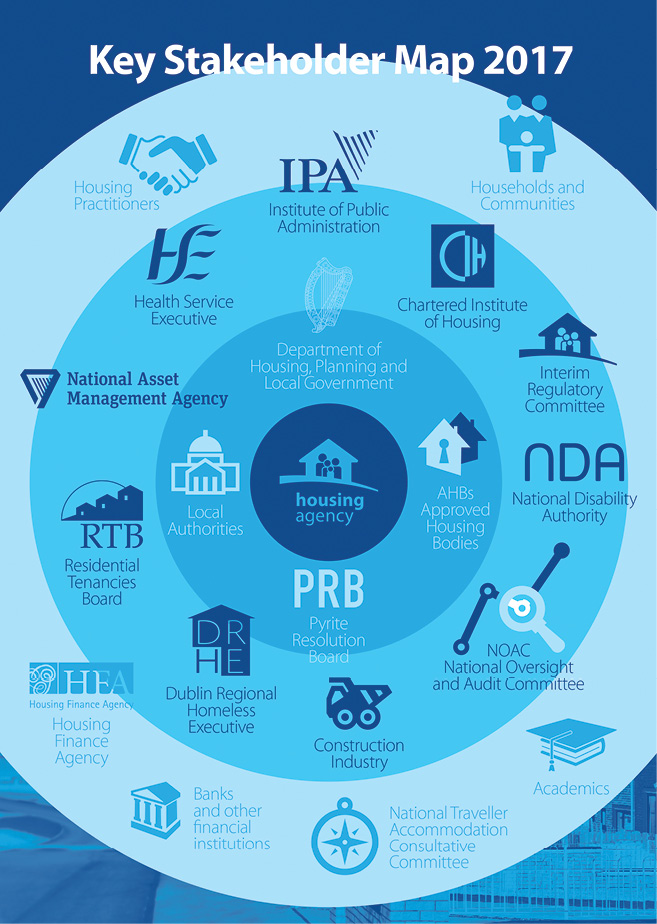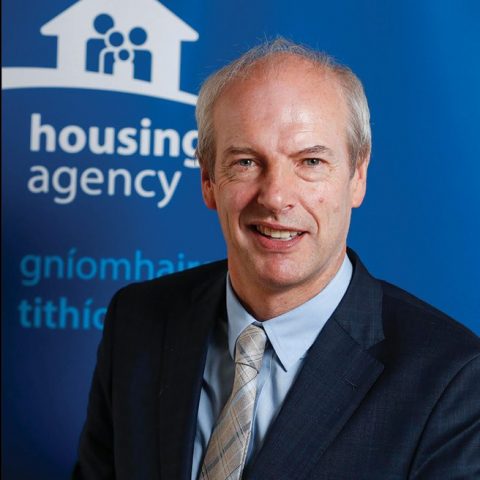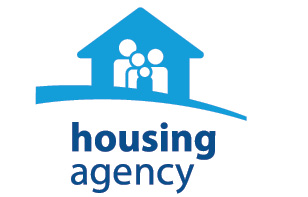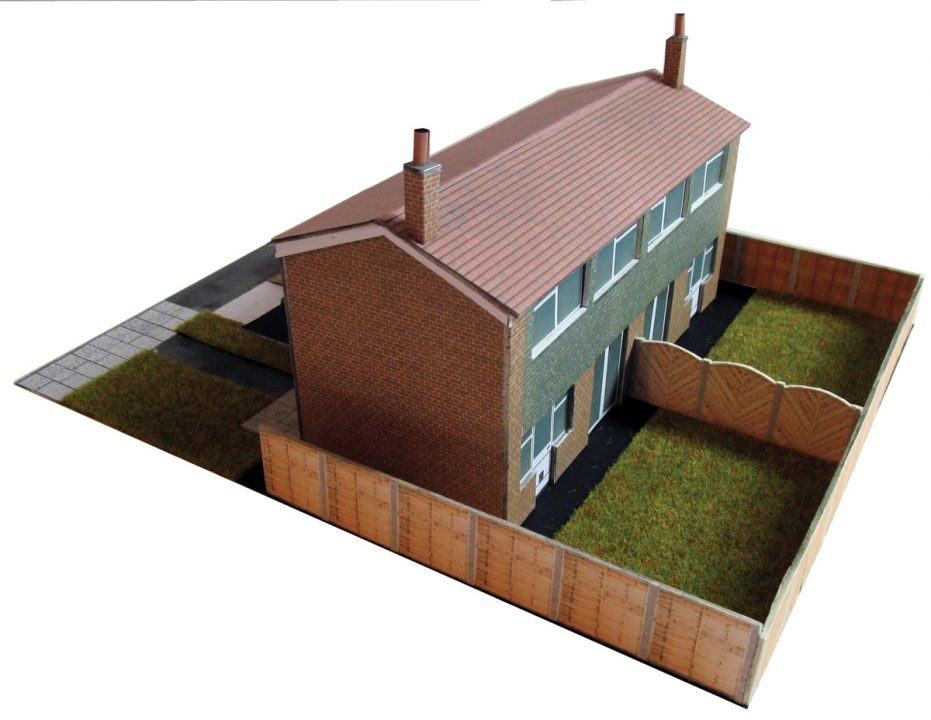
Cover story – Just another form of housing
19th July 2017
Rebuilding Ireland review
19th July 2017John O’Connor, Chief Executive of the Housing Agency looks at the current issues in Irish housing and priorities moving forward.
Ireland still has several legacy issues due to the economic crash. There is still a level of mortgage arrears, which is significantly more than the European norm and at levels found in Italy and Portugal. According to the Central Bank report for Q1 2017 a total of 73,109 mortgages were in arrears of over 90 days. Of these mortgages, 47,320 were in arrears of over two years. The number of mortgages that have been restructured as of Q1 2017 was 145,352, and the sustainability of these arrangements needs to be monitored. Specifically, in relation to private dwelling houses, 24 per cent of mortgages were in arrears of over 90 days or have been restructured.
Part of the solution to mortgage arrears is mortgage to rent. This is for households who are not able to sustain mortgage repayments and who are eligible for social housing supports. It’s a scenario we need to expand in terms of households availing of mortgage to rent. The Housing Agency provide a support and a coordination role nationally for the mortgage to rent scheme.
Another area we need to address is reducing the levels of vacant housing and vacant buildings throughout the country. We need a concerted effort to get those buildings back into use. This is to help address the housing need and reduce dereliction from parts of our villages, towns and cities. A national vacant housing re-use strategy will now be in place to set out a series of additional actions to address this issue.
We need to better appreciate the changing demographics in Ireland. We see from the recent Census results how our demographics have changed. Firstly, our household sizes have decreased significantly over the past number of decades. Three out of every four homes in the country have households of three persons or less. Over 50 per cent of homes are occupied by one or two people. We need to understand this and plan for and design housing and developments. In our urban areas, adequate population density is required to support public services, schools, facilities and public transport. We need to consider the reduced household size in how we go about how we plan. It’s the single biggest issue we need to understand and address.
The other area we need to appreciate with demographics is the age profile of our population. In comparison to other European countries Ireland has a relatively young population. It’s also an ageing population and we’re seeing very rapid increases in the number of older people in different age cohorts. If we take the number of people over the age of 75, that has increased by 50 per cent over the last 10 years. Over the next 20 years we’ll see the numbers increase three or four-fold. It is something we need to be very aware of and address now, rather than waiting for the issue to arise in the future.
The overall vision of the Housing Agency is to ensure there’s sufficient supply of housing that is affordable, either to rent or to buy in an area where people want to live. We want to provide housing that’s sustainable, affordable and situated in good communities. Particularly taking account of our changed and changing demographics, as I’ve already said. The Agency as a national agency is there to support local authorities, Approved Housing Bodies and the Department for Housing, Planning, and Local Government in relation to housing, and in particular social housing.
“We’ve learned that the best solutions and outcomes are reached when collaboration is at the core of the answer.”

The Housing Agency does this in several ways. Firstly, its work on supporting and implementation of housing policy. Secondly, by carrying out research in relation to identifying facts and evidence. We then use this information as the base of our policy. Specifically, the Housing Agency produce an annual statement of Housing Supply and Demand. This takes an overall look at the housing sector and the needs of our society.
Thirdly, the Housing Agency gets involved in relation to supporting housing supply. This is done by assessing and advising on the funding of social housing provision, particularly in relation to the Approved Housing Body sector. The Agency is also involved in specific housing developments throughout the country. For the last two years, the Housing Agency has been engaged in buying vacant properties from banks and from other financial institutions. These are primarily for social housing. Currently there’s an acquisition programme of 1,600 houses and apartments by the Agency under the Rebuilding Ireland Action Plan.
In supporting the supply of housing needs, the Housing Agency provides a range of technical, project management and advisory services. A wide range of expertise is needed to deal with the wide range of issues that need to be addressed to deliver new housing or bring vacant housing back into use.
The Agency is heavily engaged in supporting the provision of housing for people with a disability. There’s a specific focus in relation to moving people who are currently in congregated settings and have an intellectual disability into the community. Similarly, people with mental health problems, the Housing Agency have provided supports to allow them live in the community the best they can. One other area the Housing Agency helps is with the pyrite remediation of houses. This is specifically in Dublin, Meath, Kildare and Offaly.
The challenges that face us within the housing sector are great. However, we’ve learned that the best solutions and outcomes are reached when collaboration is at the core of the answer. We must all work together to address the critical housing issues we face today and our housing needs into the future. Central to this must be to provide quality housing that is affordable.
Contact:
info@housingagency.ie
The Housing Agency
53 Mount Street Upper
Dublin 2, D02 KT73
Tel: 01 656 4100







